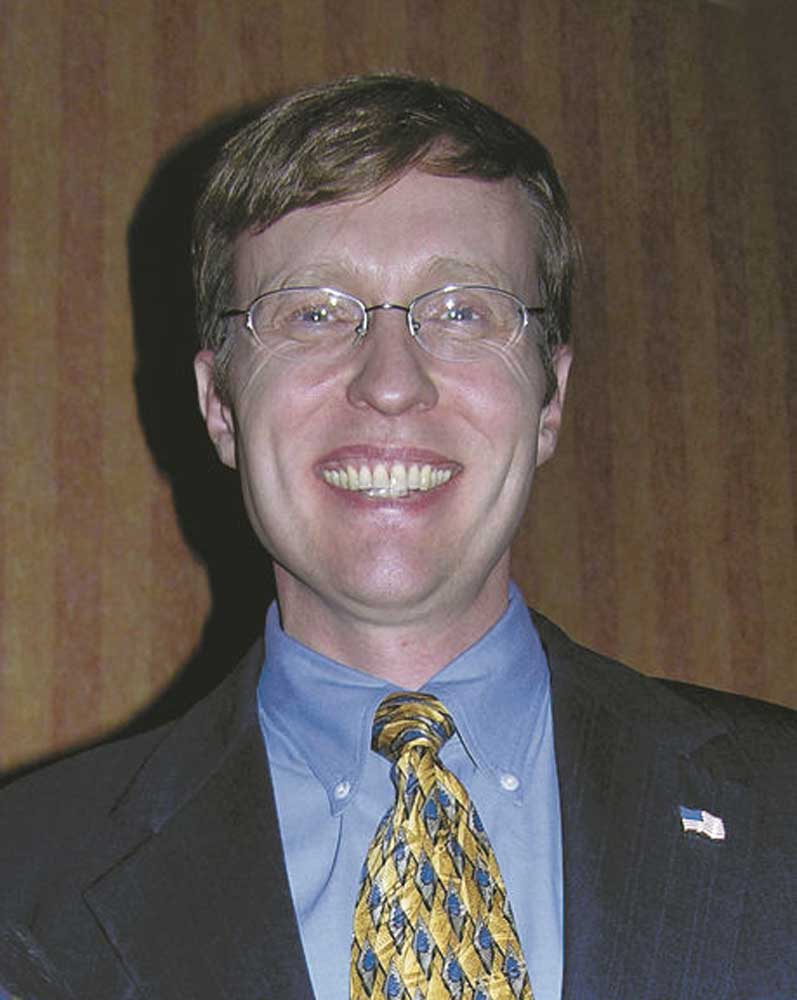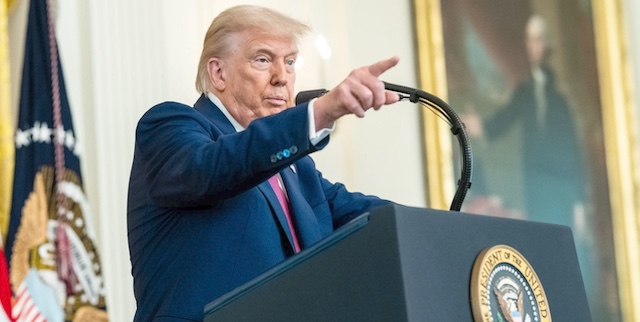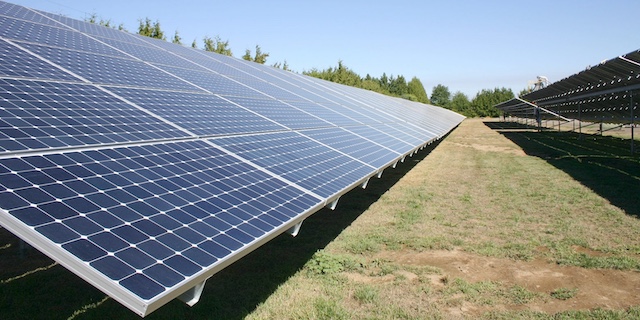Court hears farmers’ suit against Washington tax
Published 3:30 pm Monday, February 7, 2022

- Washington State Attorney General Rob McKenna holds some tulips from Washington Bulb, which were presented to him after his speech at Farm Bureau's Legislative Days in Olympia.
A lawyer for Washington farm groups disputed Friday that the state’s new capital gains tax will pinch only the very rich, telling a Central Washington judge that the pending tax already is influencing business decisions by farmers.
Although the tax exempts income from selling livestock or farmland, it will tax capital gains from selling business partnerships and physical assets, such as equipment.
Attorney Allison Foreman told Douglas County Superior Court Judge Brian Huber that the farmers she represents are disturbed that the state claims the tax will be paid by just the ultra wealthy.
“There are plenty of working-class farmers who are going to get hit by this tax,” she said.
Democrats passed the capital gains tax in 2021, saying it will fund education and make the tax system fairer. The Washington Farm Bureau and others are challenging the tax’s constitutionality.
The Washington Supreme Court ultimately will decide, though the tax’s opponents chose to file their case in farm-oriented Central Washington. The challenges have been merged into one case.
Huber, the county’s only Superior Court judge, held a two-hour hearing on whether to discard or uphold the tax. He said he hoped to make a written ruling soon.
The tax went into effect this year and levies a 7% tax on capital gains over $250,000 in a year. Besides livestock and farmland, the tax does not apply to timber, homes, retirement accounts or small businesses.
The Department of Revenue estimates the tax will hit about 7,000 taxpayers the first year and raise $442 million, with proceeds rising to more than $500 million in the following years.
“The tax will bring in significant revenue, but because of its structure, it will affect only the wealthiest few Washingtonians,” Washington Solicitor General Noah Purcell said.
Foreman said the tax will affect estate planning, ownership transfers and the value of capital assets, as well as how much farmers pay accountants and tax lawyers.
“Anybody who comes from Douglas County or works here knows it’s pretty easy to accumulate more than $250,000 in non-exempt stuff on a farm — tractors, combines,” she said.
Foreman said farmers support education and fair taxes. “But you have to do those things constitutionally,” she said.
At issue is whether the capital gains tax is like a property tax, or whether it’s like a sales tax.
In Washington, income is considered property. The state constitution limits property taxes and prohibits taxing property at different rates. If courts rule the capital gains tax is a tax on income, it’s on shaky ground.
The state denies the capital gains tax is an income tax, calling it a tax on transactions that result in capital gains.
If there is no transaction, there is no tax, Purcell said.
“It bears the most important hallmark of an excise tax, which is that it does not apply just because you own property. That is the fundamental dividing line,” Purcell said.
Former Washington attorney general Rob McKenna, the lead counsel for groups suing to overturn the tax, disagreed.
Someone could make 100 transactions in a year, but if they don’t net $250,000, they won’t be taxed, he said.
“That’s because the tax is aimed at annual income, not individual transactions,” McKenna said.
The first capital gains taxes will be due April 2023 and will be based on federal income tax returns.
National Taxpayers Union Foundation attorney Joseph Bishop-Henchman told Judge Huber that an excise tax taxes consumption and does not depend on someone’s assets. A capital gains tax is based on income, he said.
“We need more than magic words to turn a tax that acts like an income tax and talks like an income tax into something that’s not an income tax,” he said.






